Traveling alone is an adventure that everyone should experience at some point in their life. It can be a time of deep self-reflection and discovery, but it can also expose you to a range of safety risks. Here are ten tips to help you keep your belongings safe while traveling alone.
Always Be Aware of Your Surroundings
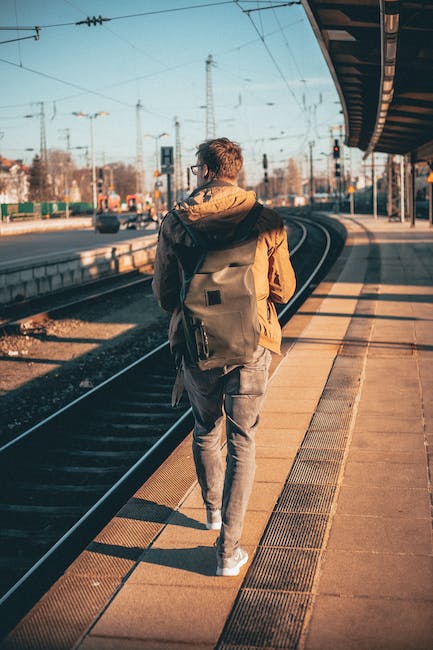
When traveling alone, it’s essential to be mindful of your environment. Stay alert and avoid walking in poorly lit areas or deserted streets. Be aware of your surroundings at all times, especially in unfamiliar areas. Always keep an eye on your luggage and avoid leaving your belongings unattended. You never know who may be lurking around and waiting for an opportunity to pounce on your possessions.
If you find yourself in an area that makes you feel uneasy, don’t hesitate to leave. Move to a public space or a more secure location where you feel comfortable. Your safety should always be your top priority.
Additionally, research the areas you plan to explore before you arrive. Familiarize yourself with the landmarks and streets, so you don’t get lost. Knowing the areas to avoid can help you stay safe.
Invest in a Good Quality Padlock

A sturdy padlock can be a great defense against theft. When choosing a padlock, purchase one with a combination lock, so you don’t have to worry about losing a key. You can use it to lock your suitcase, backpack, or even your hotel room’s door. However, be sure to use this method in combination with other safety measures, as a determined thief may still be able to get past the lock.
Also, consider purchasing a security cable to secure your luggage to a fixed object, like a bed or desk. This extra step can help deter thieves.
Finally, keep your bag or luggage in your line of sight whenever possible. Be especially watchful in crowded areas or on public transportation.
Be Wary of Pickpockets

Pickpockets are a common problem in many cities worldwide, and they can be particularly dangerous for solo travelers. Be careful when walking in crowded areas, and avoid carrying cash or valuables in an easily accessible location. You can also wear a money belt under your clothes to keep your important items secure and out of sight.
Additionally, carry only the essentials when you’re out and about. Leave non-essential items in your hotel safe.
If you suspect that your belongings have been stolen or lost, report it right away to the local police department and your embassy.
Use Your Hotel Safe

Most hotel rooms come with a safe where you can store your valuables. Remember to use it and change the default password to something more secure. This is a great way to keep your passport, money, and gadgets protected when you’re out exploring your destination.
Before using the hotel safe, however, test it to ensure that it works properly. In some cases, hotel safes are not as secure as you might think. If you have any doubts about the safety of your items, consider using a more secure lockbox or other secure storage options, such as renting a safety deposit box.
Avoid Flashy Jewelry or Expensive Items

It’s perfectly fine to dress up and look your best when traveling alone, but try to avoid wearing flashy jewelry or carrying expensive gadgets. This may attract unwanted attention from thieves or scammers looking to prey on tourists. Stick to simple accessories and wear clothes that blend in with the locals.
Blend into the environment to avoid standing out. It’s important that you don’t let your clothing, jewelry, or other personal effects draw attention to you.
Also, consider carrying a dummy wallet with a small amount of cash and expired membership cards. These can be handed over to thieves instead of your real valuables.
Stay Connected with Your Loved Ones

Make sure to keep your loved ones updated about your whereabouts and itinerary. You can use social media or messaging apps to keep them informed about your travel plans. This not only gives you peace of mind but also serves as a safety net in case of an emergency.
Additionally, it’s a good idea to have a backup method of communication, like a secondary phone or messaging app, in case your primary communication method fails or gets lost.
Finally, let your hotel know when you’re leaving and when you plan to return.
Avoid Sharing Too Much Information with Strangers
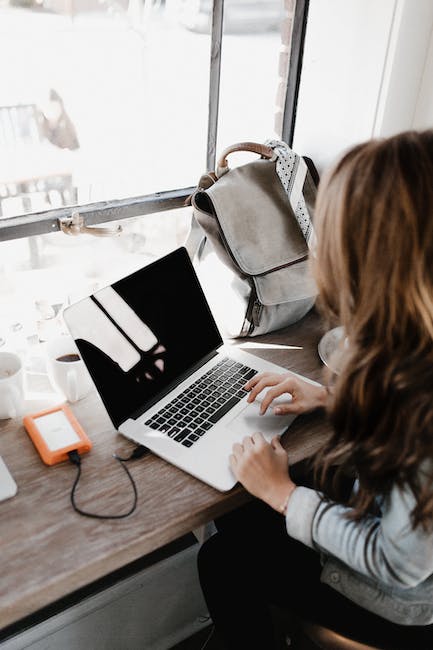
While it’s great to meet new people when traveling alone, be cautious about sharing too much personal information with strangers. Avoid giving out your hotel address or room number and be aware of scammers who may try to lure you into a tourist trap or a shady deal.
Don’t be too trusting, especially with people you’ve just met. If someone offers to take you somewhere or show you something, always check it out first on your own or decline. Don’t allow strangers to influence your decisions.
It’s also a great idea to carry a whistle or personal alarm in case you need to draw attention to yourself.
Keep a Backup of Important Documents
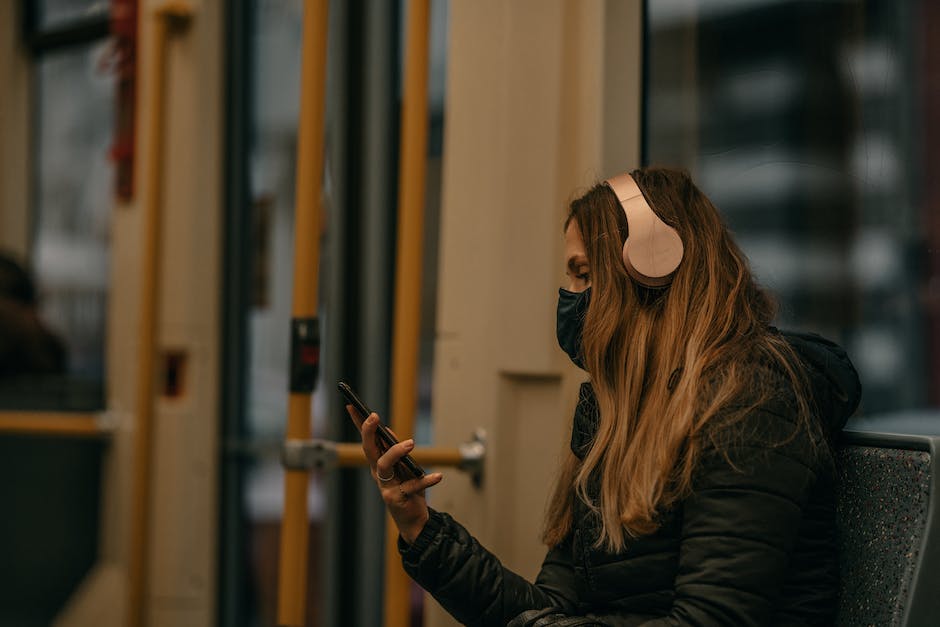
It’s always wise to keep a backup of your important documents, such as your passport, ID, and travel insurance. You can store them in a cloud-based app, email them to yourself or keep a hard copy in a secure location. This helps to minimize the impact of losing your documents in case of theft or misplacement.
Make multiple copies of your documents and keep them with you in different places. This ensures that you don’t lose everything in case something gets lost or stolen.
Additionally, learn emergency contact details like the number of the nearest embassy or consulate. In case of a theft or other emergency, get in touch with the authorities right away.
Be Careful of Public Wi-Fi Networks
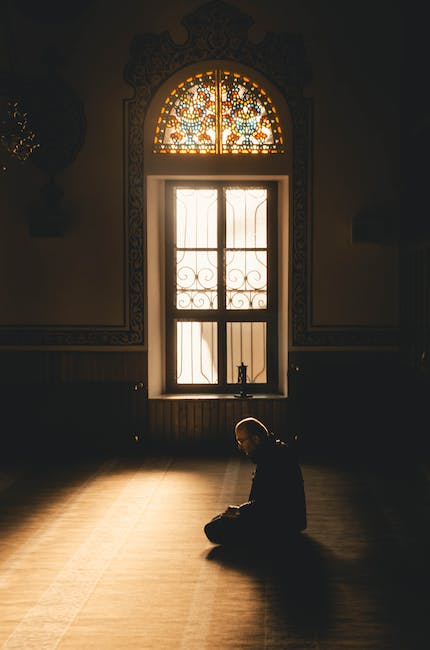
Public Wi-Fi networks can be convenient, but they’re often not secure. Avoid accessing sensitive information, such as your online banking or email accounts, using public Wi-Fi. Consider using a virtual private network (VPN) to encrypt your internet connection and protect your online privacy.
Also, be sure to keep your software and apps updated before traveling. This ensures that you have the latest security patches and can avoid cyber threats.
Finally, always securely sign out of any accounts before disconnecting from Wi-Fi or public computers.
Trust Your Instincts

Finally, trust your instincts when traveling alone. If something doesn’t feel right or if you’re uncomfortable in a situation, listen to your gut and take action. This may mean seeking help from a local authority, reaching out to your hotel’s front desk, or moving to a safer location. Always prioritize your safety over anything else.
Also, educate yourself about the laws and customs of the destination you’re visiting. Knowing the basic laws and customs can help you better understand and adapt to your environment, as well as avoid any potential danger or conflict.
Remember, there’s no shame in asking for help when you need it. There are many resources available to solo travelers, including hotel staff, tourist information centers, and local authorities, to name a few.

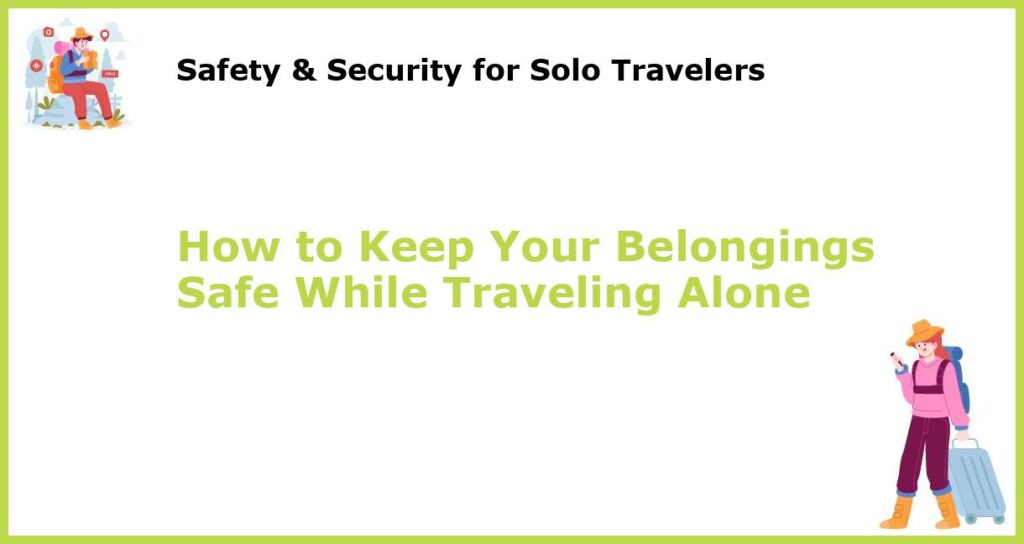






 You might also be interested in those articles related to solo traveling
You might also be interested in those articles related to solo traveling